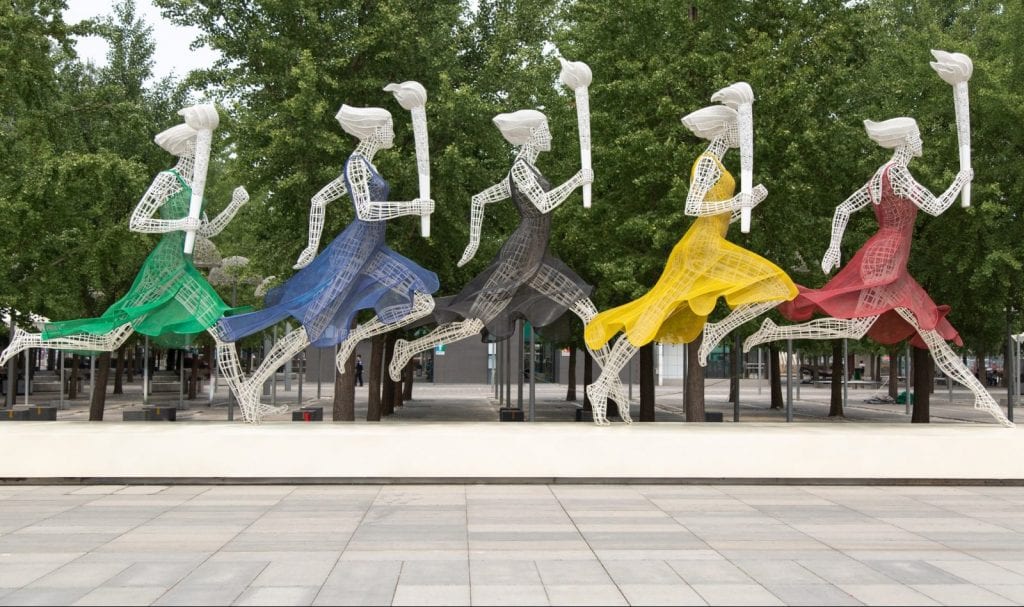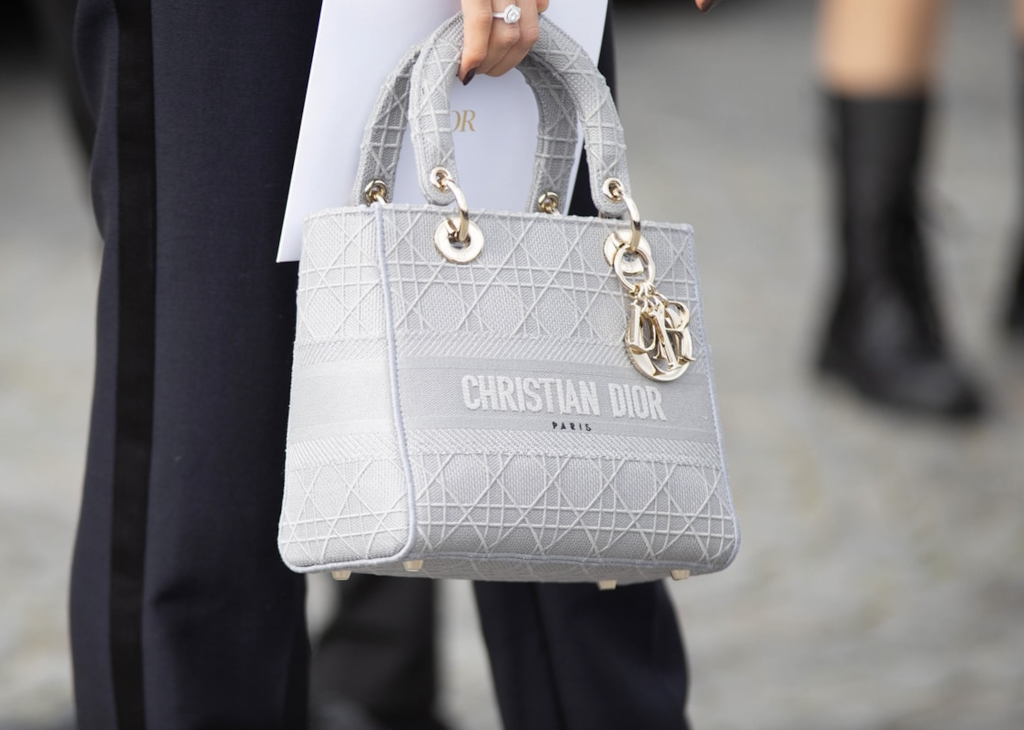When John Varvatos filed for bankruptcy in May, the fashion brand’s largest creditor was not the owner of any of its respective brick-and-mortar store real estate, such as its outpost in East Hampton, New York, its store in Caesar Palace in Las Vegas or its shop in Malibu Country Mart. It similarly was not any of its suppliers that provide the necessary textiles that the brand uses to make its rock-n-roll inspired jackets or distressed denim. No, it was a group of class-action lawsuit claimants, who are collectively seeking $5.2 million of the more than $100 million that Varvatos owes to creditors.
As it turns out, the money is owed to the group of women stems from the class action sex discrimination lawsuit that former John Varvatos employee Tessa Knox filed against the brand in a New York federal court in February 2017 on behalf of herself and similarly-situated female sales associates. Knox and nearly 70 other current and former John Varvatos employees accused the brand of pay discrimination on the basis of gender due to the fact that its clothing allowance significantly favors male employees at the expense of female employees. To be exact, Varvatos had a practice of providing male employees with a $12,000 clothing allowance so they could wear the brand’s apparel while working (in accordance with company policy), while female employees would receive a 50 percent discount to shop at Varvatos’s sister brand, AllSaints, the value of which was capped at $5,000 per year.
In late March, on the heels of a jury trial centering on the gender discrimination claims, Judge Gabriel Gorenstein, a federal magistrate judge for the U.S. District Court for the Southern District of New York, ordered that Varvatos pay over $5.2 million in damages and legal fees to the class of female employees.
Within a couple of months of the jury verdict and subsequent attorney’s fees award, Varvatos had filed for bankruptcy protection without paying the multi-million dollar sum it owed to the plaintiffs. As a result, Knox sought to gain an upper hand in terms of the $5.2 million by asking the Delaware bankruptcy court to essentially downgrade the secured claim held by Varvatos’ existing private equity backer Lion Hendrix Cayman Ltd. (“Lion”). In an inter-bankruptcy complaint filed in June, Knox argued that she and the other class action plaintiffs are entitled to “equitable subordination,” a bankruptcy mechanism that would preserve their right to payment by reordering their claim and that of secured creditor Lion Capital.
Lion, as a secured creditor, has priority over Knox and the other class action plaintiffs, which is a problem, she argued, given that Lion “fully understood that [Varvatos] engaged in intentional and illegal sex discrimination through its [employee] clothing allowance policy.” Because “Lion currently controls the [Varvatos’] Board of Directors, and therefore controls the company,” it “not only encouraged [Varvatos] to continue that discrimination, but facilitated it,” Knox argued.
Against that background and in light of the fact that Varvatos has “disclosed that its proposed sale [to Lion] would all but extinguish [Varvatos’] unsecured creditors,” Knox argued that equitable subordination – or a reordering of the relative priority of claims due to the misconduct of one creditor that causes injury to others – is warranted here since in order to ensure that she and other plaintiffs are paid before Lion acquires Varvatos and thereby, forgives some $76 million in existing debt.
Unfortunately for Knox, the U.S. Bankruptcy Court for the District of Delaware did not agree. In a decision dated July 10, Bankruptcy Judge Mary F. Walrath dismissed the complaint after asserting in a virtual hearing that the plaintiffs failed to make their case as to Lion’s involvement in Varvatos’ discriminatory clothing allowance policy. Unsatisfied with the outcome, counsel for Knox has since appealed the court’s decision, and in the meantime, Knox has joined a number of other unsecured creditors of Varvatos that are seeking to block the Lion deal by filing a motion on July 11 to “join the objection of the Official Committee of Unsecured Creditors” on the basis that “she is entitled to equitable subordination of the asserted liens of the proposed credit bidder, Lion Hendrix Cayman Ltd. as requested in [her previous] adversary proceeding.”
The pool of unsecured creditors is taking issue with Varvatos’ motion for an order approving the sale of its assets to Lion “free and clear of claims, liens, and encumbrances.”
*The case is Tessa Knox v. Lion/Hendrix Cayman Limited, 20-50623 (U.S. Bankruptcy Court for the District of Delaware).











